Book Review: Where Am I Giving? by Kelsey Timmerman
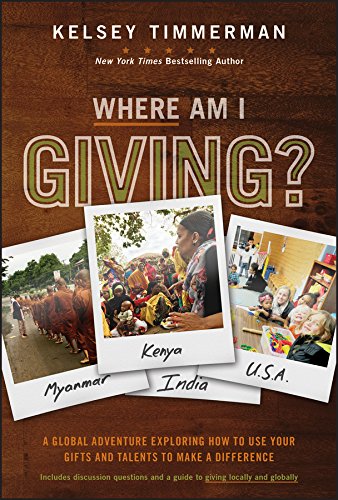
Kelsey Timmerman is a New York Times bestselling author, a public speaker, and self-proclaimed “touron” (a traveler who is “curious and seeks out interactions with locals, but is also a bit of a moron because it’s impossible not to be when you are trying to move through a world different from your daily life”) (p. 208). Timmerman grew up in small-town America, yet always longed to see the world. After graduating from Miami University with a degree in Anthropology, he gathered his savings and bought a series of one-way tickets to the most distant, interesting locations he could imagine. While these trips were meant to satisfy his travel itch, they surfaced a greater purpose for Timmerman’s life. As he met garment workers in Bangladesh, played frisbee with a Cambodian girl in a landfill, and befriended young men living in Kenyan slums, he saw firsthand the heartbreaking realities of life in the majority world — and he decided to do something about it.

Timmerman has written several books sharing the stories of the people from all over the globe (i.e. Where Am I Wearing?, Where Am I Eating?). His books are a call to action for Westerners (Americans, specifically) to partner with the Global South to overcome poverty, combat corruption, and promote sustainability worldwide. His third book, Where Am I Giving?, explores the practice of giving — its ethics, where organizations have gone wrong, and the people on the receiving end of the gifts. The author desired to leverage his talents to make a difference, but, like many globally-minded citizens, wanted his giving to have a sustainable impact rather than fostering dependency.
Throughout his book, Timmerman offers “Giving Rules” that are formed from his conversations with philanthropists and beneficiaries across the globe. Together, they paint a fuller picture of how to give well. Some notable rules include: “Our gifts should give others dignity, not take it. Giving isn’t about you”, “Giving isn’t some additional duty we squeeze into our lives; it should be a central focus of our lives”, “Give more than you consume”, and “Those who have received have a duty to give”. Timmerman’s “Giving Rules” make clear that giving is not optional; generosity is a moral obligation for all humans (even those who have little to give). We live in an increasingly connected world, therefore we must live as what Timmerman calls “glocal” (globally-aware and locally-engaged) citizens who prioritize the wellbeing of our neighbors near and far.
Not all givers need to be like Scott Neeson, a Hollywood executive who gave up a life of glamour to found a non-profit in Cambodia (although we need all-in givers like him). In fact, Timmerman repeatedly highlights the importance of giving locally. Giving should “start in your own community” because proximity cultivates compassion. It is more difficult to ignore issues of poverty and injustice when it impacts someone that you know personally than it is to overlook the marginalization of people from faraway places. With this in mind, Timmerman charges his readers to volunteer with and donate to local non-profit organizations because, “giving is so much more than writing a check; it’s a practice that connects us to our communities and the world and helps us find purpose and meaning in our lives,”.
Giving is about connection. Strange as it is, Hollywood executives are connected to children living in Cambodian landfills; midwestern authors are connected to Tibetan monks; and you and I are connected to the marginalized worldwide. Here at Profugo, we seek to nurture a transcontinental connection between those living in the Global North and the villagers of Wayanad, India. Giving from Friends of Profugo is used to sustainably empower community members to create a better life for themselves and their neighbors, a mission that Timmerman would support. For more information about our projects, please visit https://profugo.org/programs/.
A recurring investigation throughout the book is if a “Good Person Equation” exists and, if so, how one can achieve it. In other words, is there a way to measure how much one such give, volunteer, and engage in activism in order to be a “good person”? Timmerman concludes his book with his “Good Person Equation”, five things that he believes everyone should do to make the world a better place:
- Volunteer at least 100 hours per year.
- Donate 2% of your income to the most effective organizations fighting extreme global poverty.
- Donate 2% of your income to the most efficient organizations helping those in need in your community (in addition to any giving to religious institutions).
- Donate 1% of your income toward the arts (e.g. a local school fundraiser or a friend in need).
- Annually engage in six acts of citizen or political activity (e.g. donating blood, signing a petition, voting).
While giving is perhaps more nuanced and less straightforward than Timmerman’s “Good Person Equation” suggests, it provides a general frame of reference to help evaluate one’s own giving habits and to set goals for how to better support your neighbors far and wide.
Where Am I Giving? is perhaps best summarized with this quote, “This book isn’t about how to absolve yourself of your first-world guilt. It’s about helping you recognize your own privilege and the amazing opportunity that comes with it for each of us to impact the lives of people in our communities and around the world and our own through giving,”.
For more information about Kelsey Timmerman’s work and writing, please visit: http://whereamiwearing.com/.
Sources:
http://whereamiwearing.com/about/Timmerman, Kelsey. Where Am I Giving?: A Global Adventure Exploring How to Use Your Gifts and Talents to Make a Difference. John Wiley & Sons, Inc., 2018.
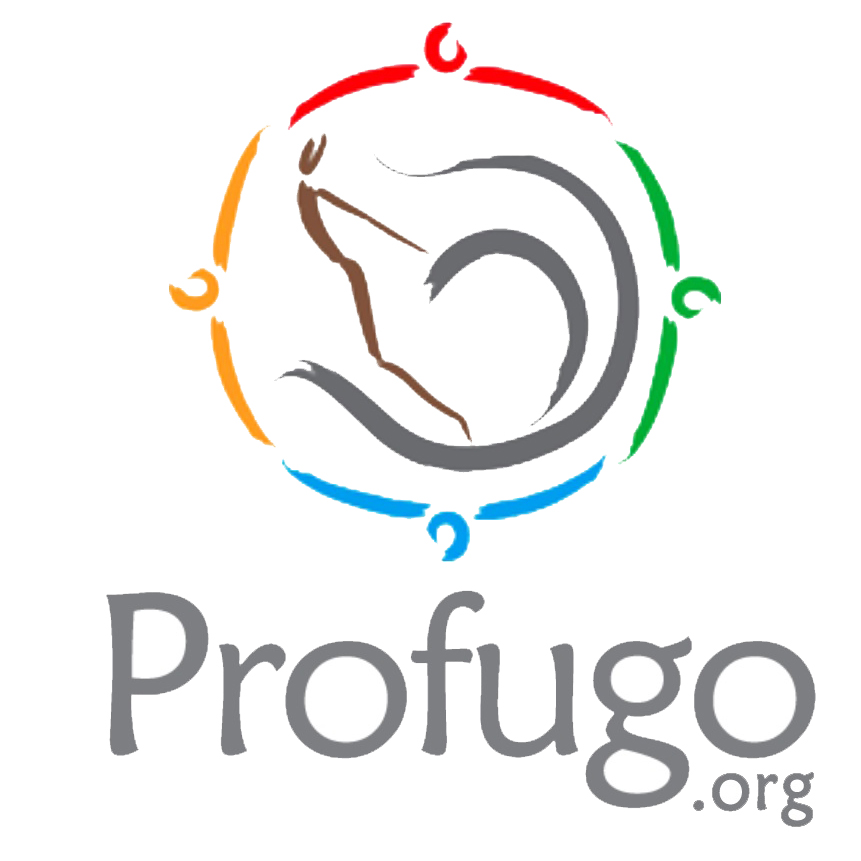
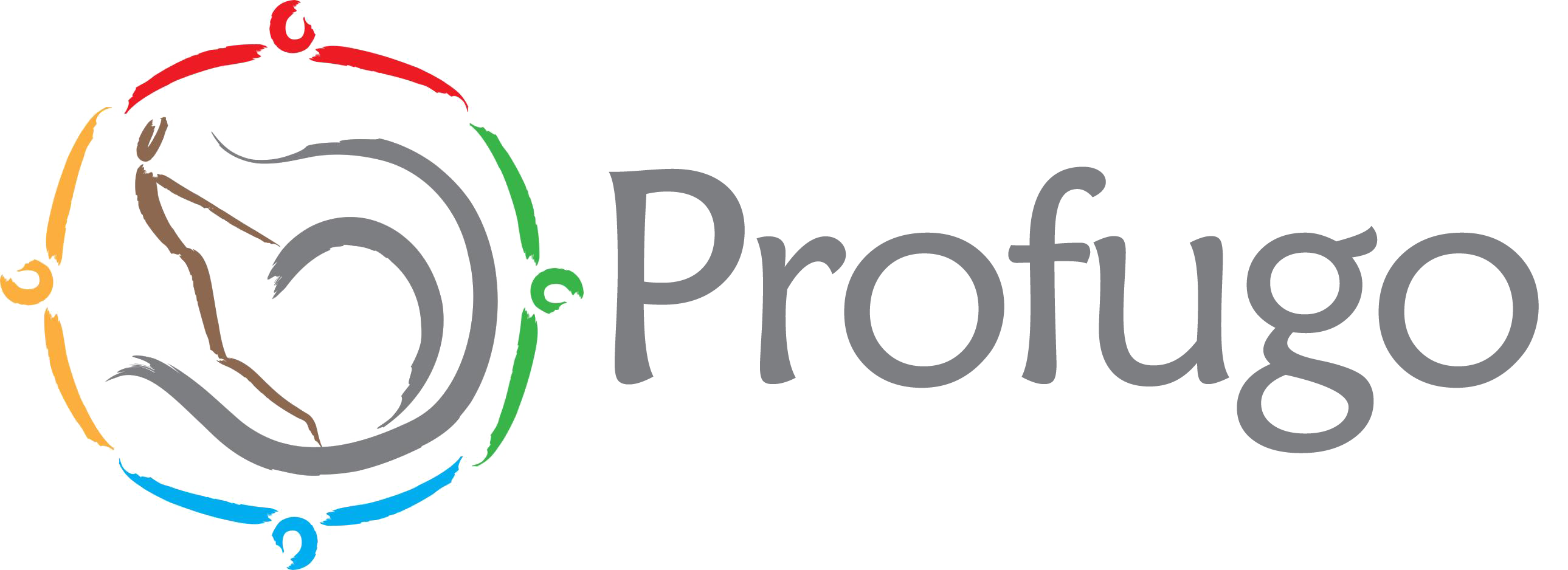

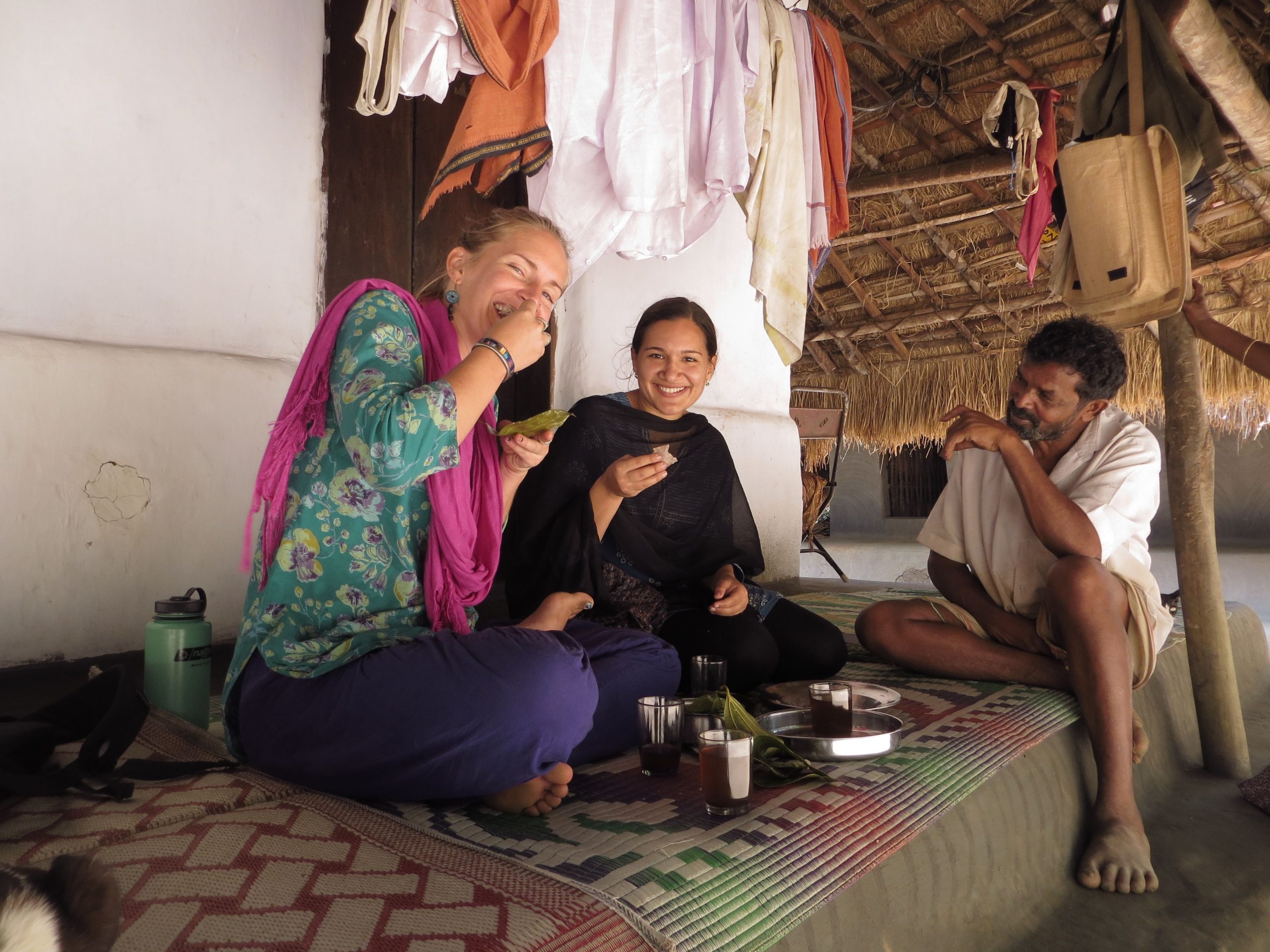
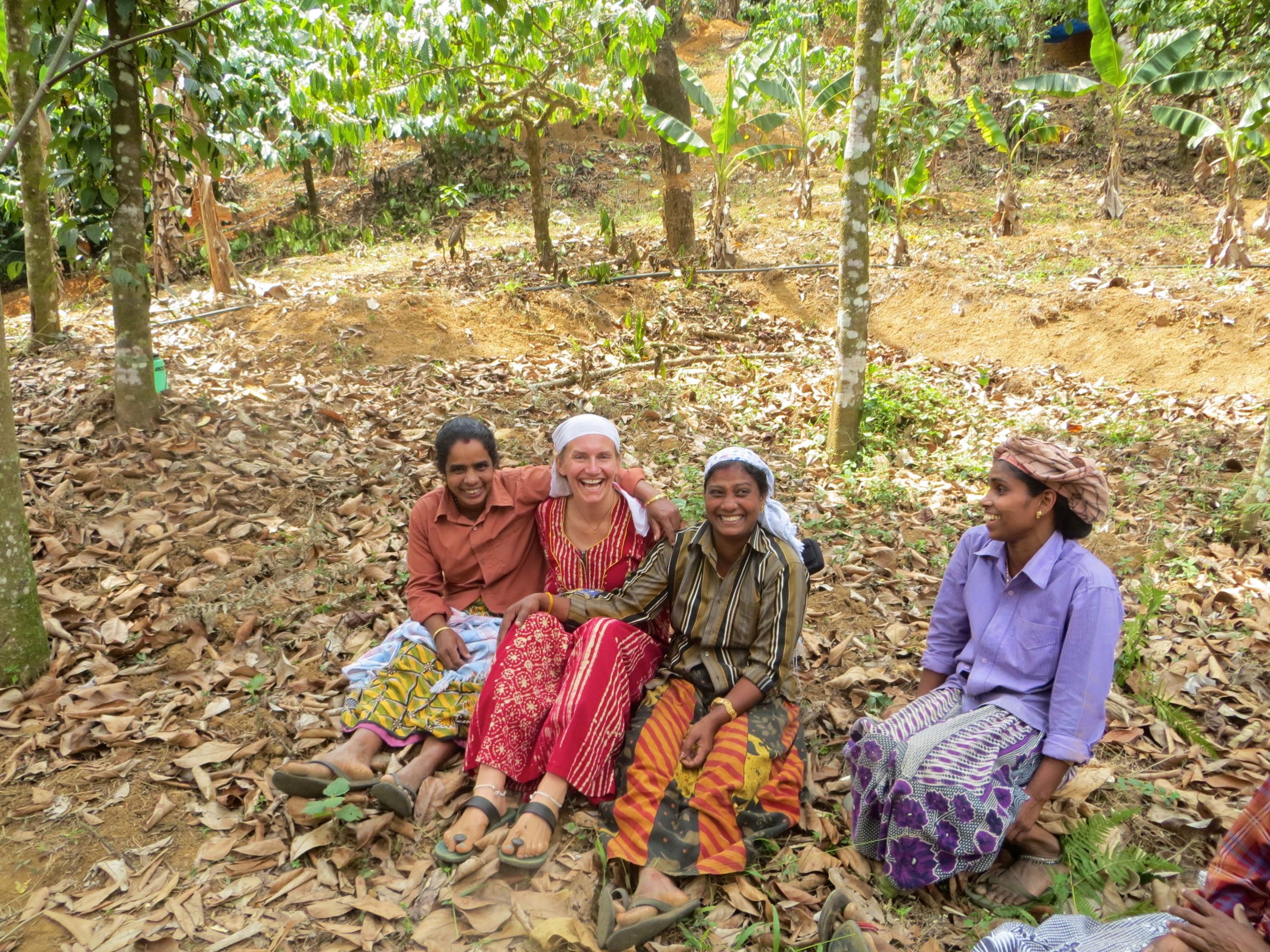
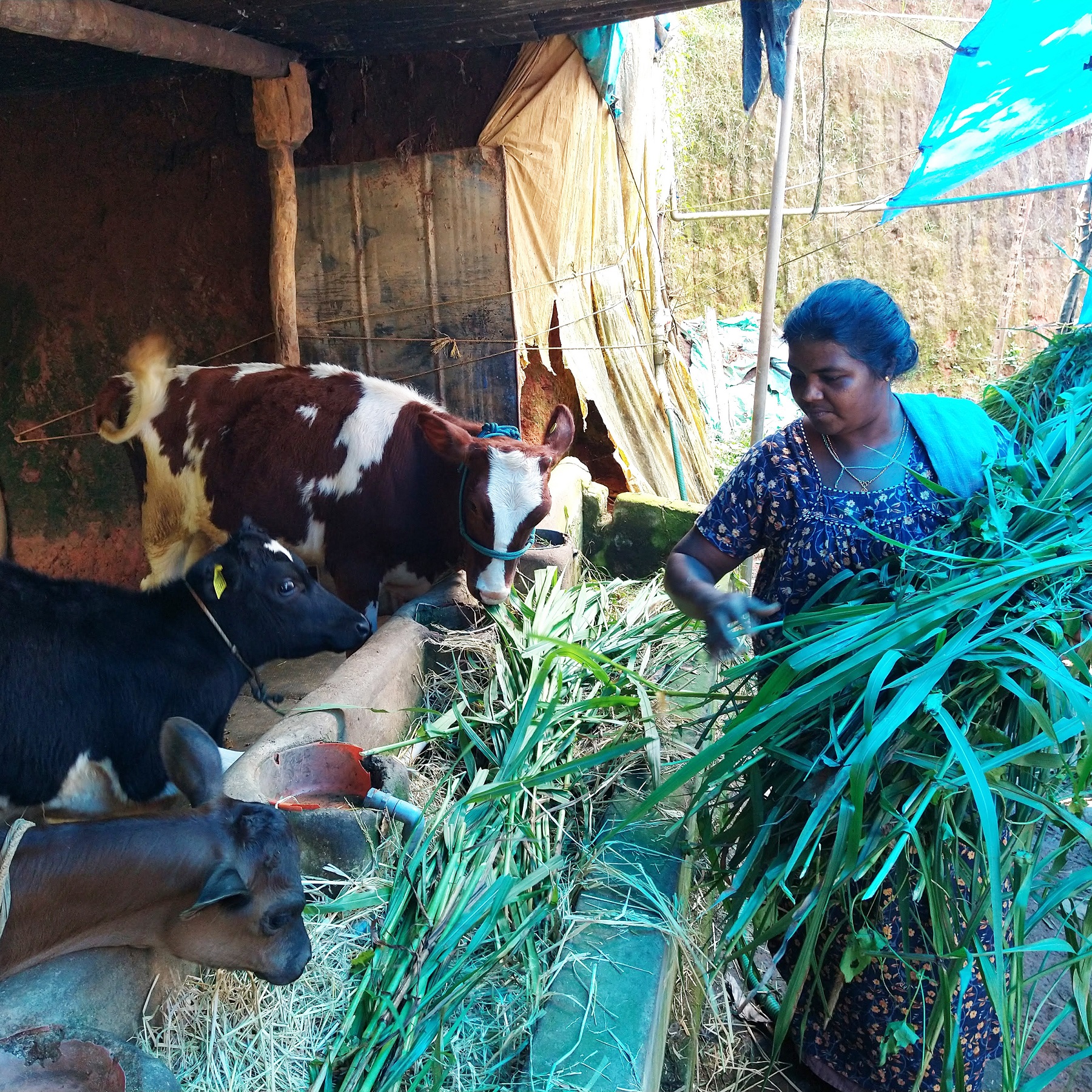
Leave a Reply
You must be logged in to post a comment.